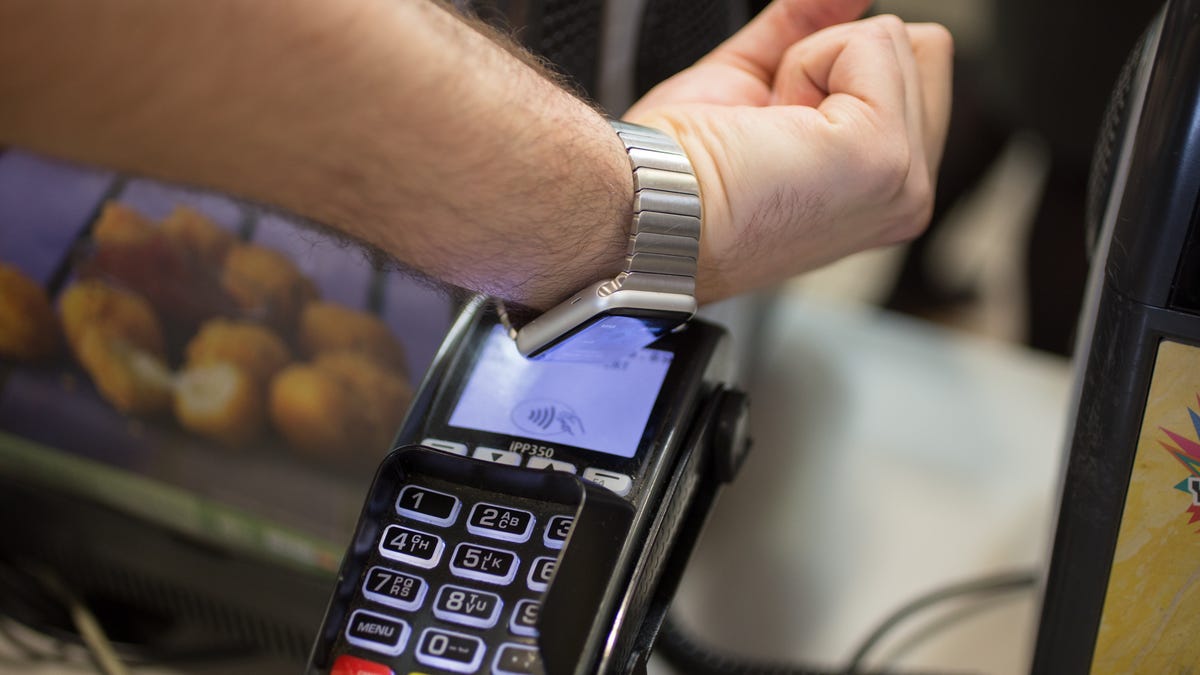Apple Pay, Samsung Pay to duel in China next year
The rival mobile-payments services are breaking into the largest smartphone market thanks to separate deals with a China-based bank.

Apple and Samsung are pushing mobile payments in the belief that the additional service will build consumer loyalty
Apple Pay and Samsung Pay, the competing mobile-payments services, will go head to head next year in the world's biggest smartphone market.
Apple and Samsung said Thursday they had secured separate deals with the China UnionPay bank that will enable their customers in China to add credit or debit cards to the respective mobile-payments services. Both companies said their services would launch in China as soon as early 2016 after the testing and certification required by regulators.
"China is an extremely important market for Apple, and with China UnionPay and support from 15 of China's leading banks, users will soon have a convenient, private and secure payment experience," Eddy Cue, Apple's head of Internet software and services, said in a statement.
A few hours later, Samsung announced a similar partnership with China UnionPay.
"The collaboration with China UnionPay, coupled with the support from major UnionPay partner banks in China, will bring this secure and easy-to-use mobile payment solution to more Samsung mobile users," Injong Rhee, the global chief of Samsung Pay, said in a statement.
Terms of the deals were not released.
Launched last year in the US and then in other countries, Apple Pay enables owners of the iPhone 6, iPhone 6S or Apple Watch to pay for items on the go via the wireless technology NFC (near-field communication). Meanwhile, Samsung Pay, which hit the US in September, doesn't require NFC technology and can work with any magnetic-strip card reader.
Companies are eager to push mobile payments in the belief that the additional service will build consumer loyalty. Users of mobile-payments services might be more likely to stick with their current smartphone if they can store their payment data and use the device to buy shampoo, beer or whatever their hearts desire.
As the largest smartphone market in the world, China represents a significant business opportunity for mobile-payments systems. The country's massive population of 1.35 billion and its growing middle class have created a lucrative market for companies like Apple and Samsung. For Apple, China is a key market, accounting for $12.5 billion in revenue during its fourth quarter.
Apple had been trying to reach an agreement with Chinese bank UnionPay, which is the only bank in China that conducts interbank payments, according to a report in MarketWatch. That monopoly on credit- and debit-card processing effectively locks out MasterCard and Visa.
Since last year, Apple has also been chatting with at least eight major Chinese banks about adopting Apple Pay. But those talks hadn't gone well, a source close to them told MarketWatch. One bank expressed no interest in any deal.

